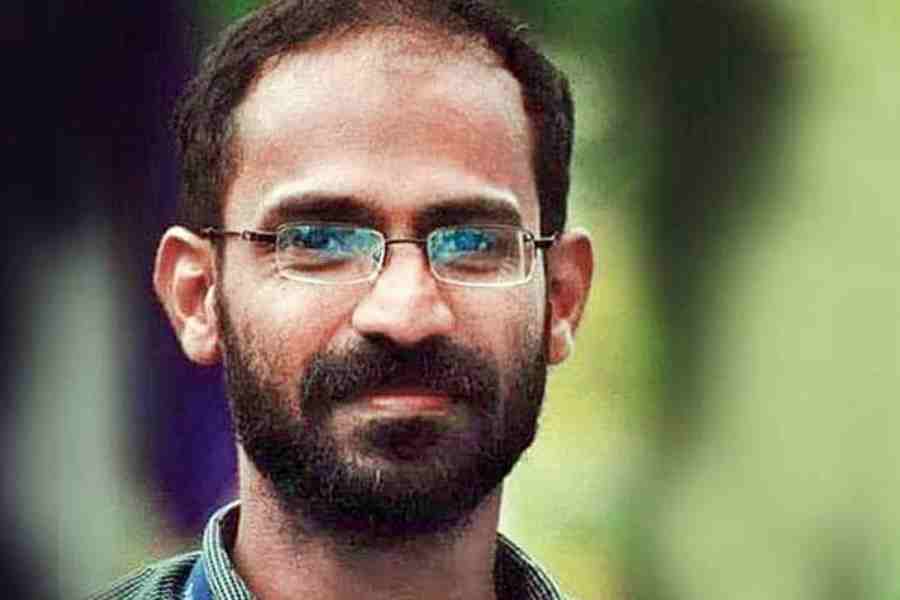Memory is tricky. In one of the myths of an old civilisation, the deity of memory has the power to help retrieve memories as well as to induce forgetfulness. Against the lure of easy forgetting, remembering is a struggle. Especially when a dominant power works actively to destroy the people’s memory. So the exhortation of Siddique Kappan not to forget anything may seem apt at the moment. Mr Kappan, a journalist, was released on bail after being imprisoned in Uttar Pradesh for more than two years without trial. He was arrested on his way to Hathras where a teenaged Dalit girl had allegedly been gang raped and killed. That Mr Kappan should be accused of the intention to incite violence and unrest and booked for terror and sedition, with an economic crime added to the charges — all of which he denied — demonstrated the method by which forgetting is instituted. A journalist was barred from doing his work; the event in question could not be reported on. Silencing the revelation of facts and thus erasing them from public memory is a strategy of oppression. It must be accompanied by fear. Mr Kappan joined a long line of protesters, dissidents, students, writers, journalists, teachers, lawyers and poets who have been jailed under various charges that can be clubbed under anti-nationalism, incitement to violence and terrorism. With no bail and no trial, these prisoners represent a warning to the people not to speak up. An ailing priest died in prison; others, such as Gauri Lankesh or Narendra Dabholkar, were allegedly killed by vigilantes.
None of this should be forgotten, according to Mr Kappan. If erasing memories is the weapon used by the powerful, then remembering is the most effective weapon against fascism. The natural forgetfulness of people, especially in a country where literacy eludes many even today, is soft ground for attackers of democracy. But resistance against those attacks and the reassertion of democratic values must come through the refusal to forget. Mr Kappan’s views echoed those of the Czech-French writer, Milan Kundera, who passed away earlier this month. In exile from Czechoslovakia where his books were banned, Kundera also saw remembering as a struggle, as a potent tool of resistance. One of his novels proclaims that the struggle of man against power is the struggle of memory against forgetting.
Remembering facts is not just a protection against fake narratives; it is a hard struggle to retain the memory of censored art and literature and hold on to established accounts of history and science against institutionalised erasures and distortions in textbooks. Ray Bradbury’s novel, Fahrenheit 451, has each character learning a book by rote when authorities start burning every volume. A new civilisation will be built with the words, stories and histories preserved in people’s memories. Here memory is ultimately the only barrier against authoritarianism. Resistance by remembering has a long — and unforgettable — tradition.










